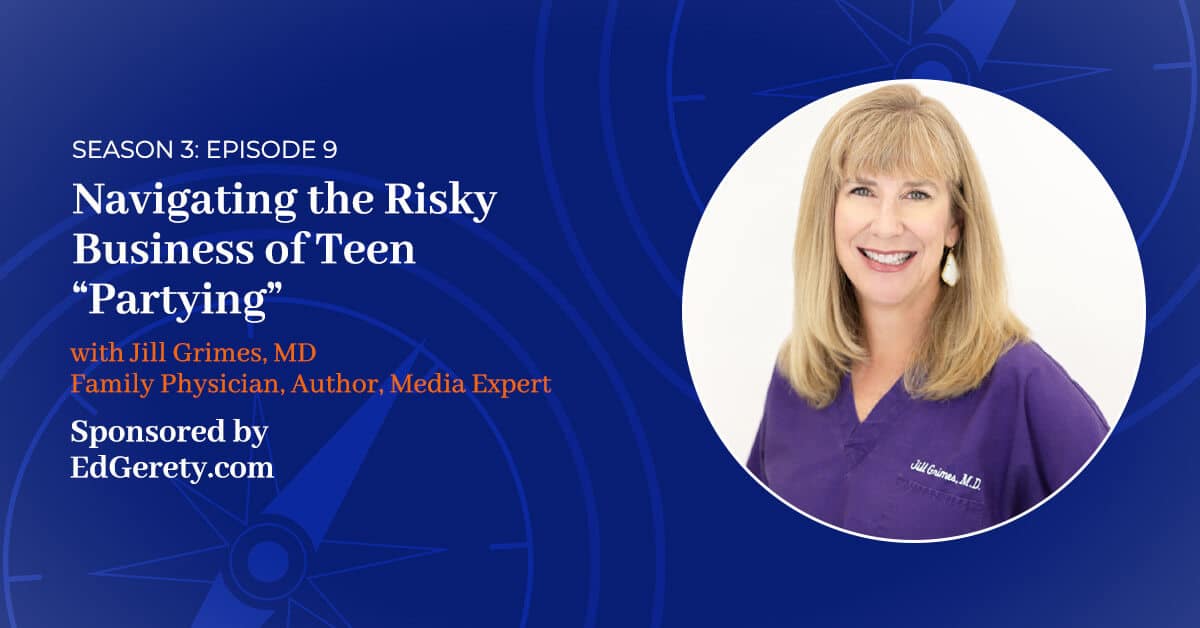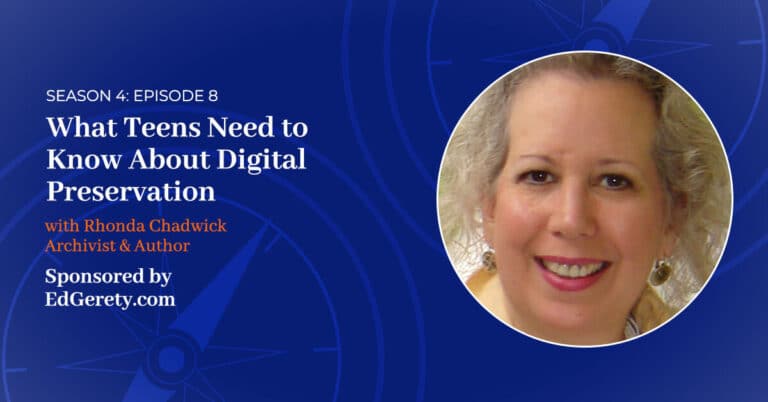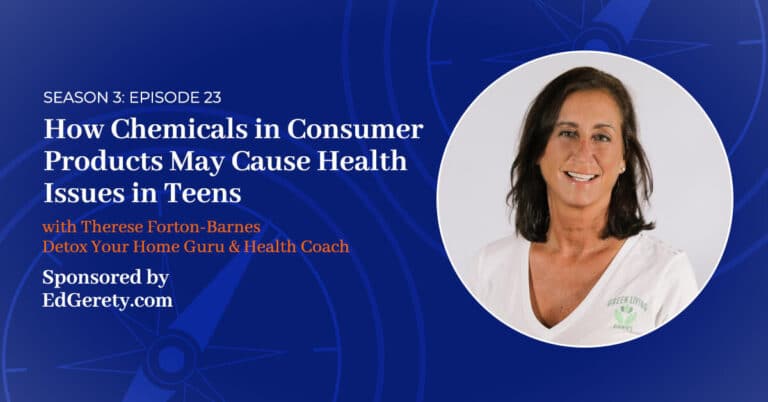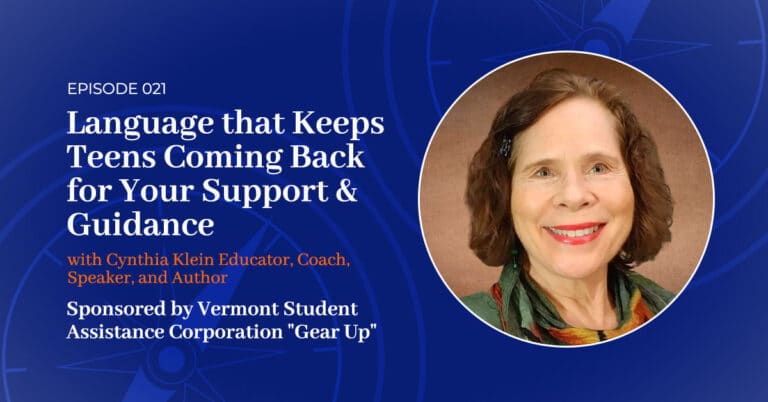Jill Grimes, MD, is a board-certified family physician who specializes in college health. She is a nationally recognized medical media expert & author of award-winning book, “The ULTIMATE College Student Health Handbook: Your Guide for Everything from Hangovers to Homesickness”.
Teen & college age partying is NOT what parents remember! Beer (with perhaps, worst case, beer bongs) have given way to successive vodka shots and intentional “blackout” drinking, and the mellow “Cheech N Chong” joint sharing version of “pot” is a far cry from today’s high THC concentration “weed”. Dr. Grimes shares the inside scoop about the medical challenges and risks of today’s party culture.
Key Takeaways
- Passed out is not the same as blacked out. If you can shake them and wake them up, they are drunk and sleeping. If you cannot wake them, they are unconscious, get help immediately.
- When someone blacks out, they are unable to hold onto long-term memory. This is especially a concern if they have been physically intimate with someone. They may have been giving enthusiastic, verbal, ongoing consent while they were under the influence, however, they may not remember they gave that consent the next day.
- How does parental drinking influence your teens? Modeling responsible behavior in key in helping your teen recognize how to keep drinking under control.
- It’s an on-going conversation with your teens, to be aware of opportunities to talk about what it looks like, and how people behave when they’re under the influence.
- Drunkcalc.com is an app that calculates your blood alcohol level and risks.
- 20-30% of college teens do not drink, however they become the person who takes care of their friend or roommate. It’s just as important for them to know and recognize the signs of over-drinking so they can get help.
- 1 in 6 teens who try cannabis, get addicted. The high levels of THC are dangerous and can send your teen into a state of paranoia, losing touch with the real world.
- Edibles are innocent looking, however packed with high doses of THC. It can take 60-90 minutes for the full potency of THC to kick-in, which leads to the possibility of taking more because at first, they don’t feel the effects.
- It’s important for parents to be educated on these substances, so they can talk with their teens about the impact it has on their brain function, their body, and the risk of addiction.
- If your teen is on ADHD medication, they will not feel the first effects of drinking and may over-drink, and then feel the full impact come on all at once.




